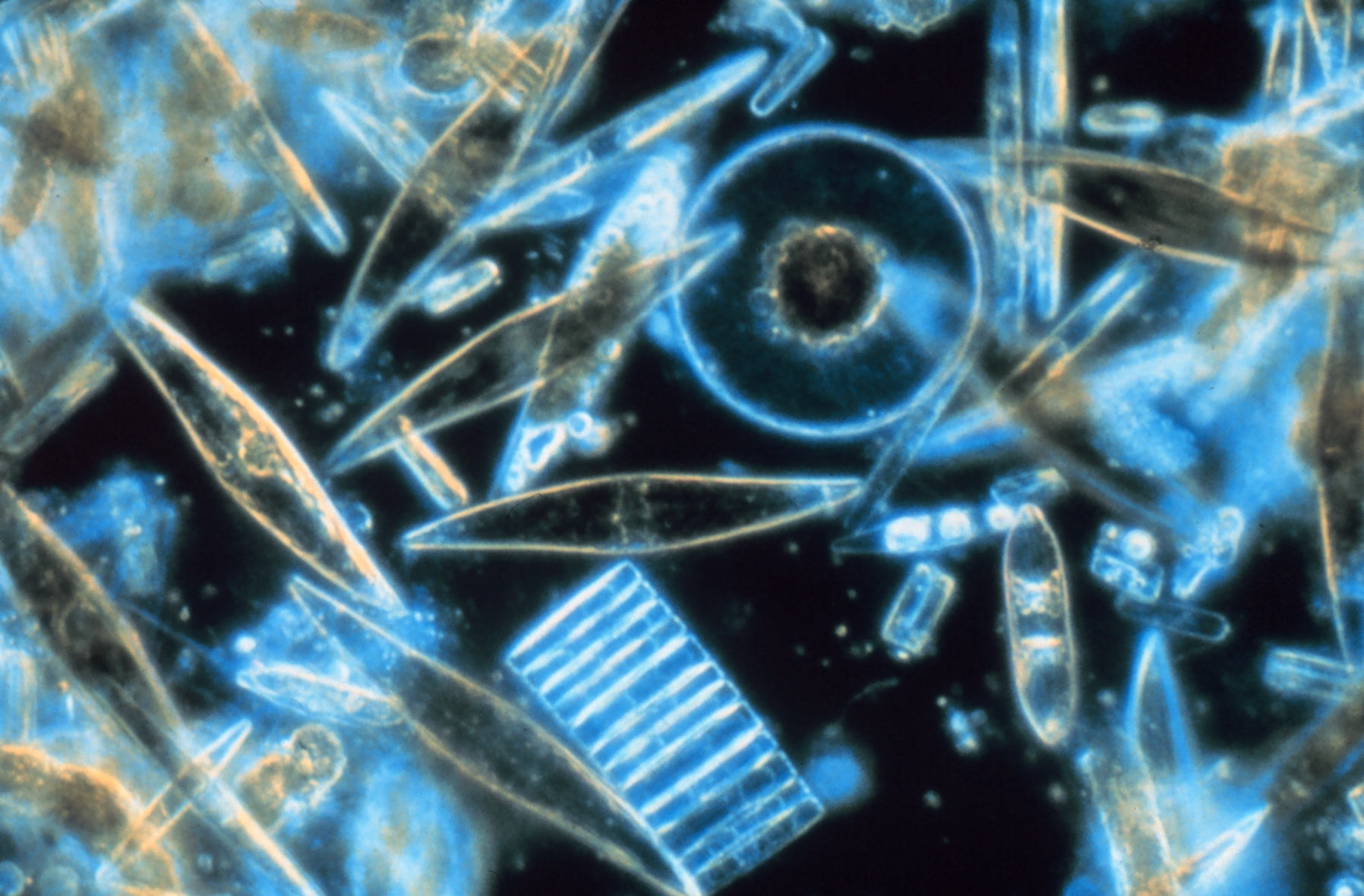- Courses
- GS Full Course 1 Year
- GS Full Course 2 Year
- GS Full Course 3 Year
- GS Full Course Till Selection
- Answer Alpha: Mains 2025 Mentorship
- MEP (Mains Enrichment Programme) Data, Facts
- Essay Target – 150+ Marks
- Online Program
- GS Recorded Course
- Polity
- Geography
- Economy
- Ancient, Medieval and Art & Culture AMAC
- Modern India, Post Independence & World History
- Environment
- Governance
- Science & Technology
- International Relations and Internal Security
- Disaster Management
- Ethics
- NCERT Current Affairs
- Indian Society and Social Issue
- NCERT- Science and Technology
- NCERT - Geography
- NCERT - Ancient History
- NCERT- World History
- NCERT Modern History
- CSAT
- 5 LAYERED ARJUNA Mentorship
- Public Administration Optional
- ABOUT US
- OUR TOPPERS
- TEST SERIES
- FREE STUDY MATERIAL
- VIDEOS
- CONTACT US
Diatoms
Diatoms
14-04-2025

Diatoms are a diverse group of microscopic, photosynthetic algae that thrive in aquatic and moist environments, including oceans, freshwater bodies, and even damp soils. These tiny organisms play a crucial role in the planet’s ecology and climate systems.
Key Characteristics
- Structure:
Diatoms possess intricate, silica-based cell walls (called frustules) that display a wide range of beautiful geometric patterns. These glass-like shells are unique to each species. - Habitat:
Found almost everywhere water is present—from the deep oceans and coastal waters to rivers, lakes, and wet soils.
Ecological Importance
- Photosynthesis:
Diatoms utilize chlorophyll a and c to capture sunlight and convert it into energy through photosynthesis. - Oxygen Production:
They contribute significantly to the global oxygen cycle, generating around 20–25% of Earth’s oxygen—more than all the world’s rainforests combined. - Carbon Sequestration:
Diatoms help in removing carbon dioxide (CO₂) from the atmosphere and releasing oxygen (O₂), making them important agents in climate regulation. - Base of the Food Chain:
As primary producers, diatoms synthesize long-chain fatty acids that are essential for aquatic life. They serve as a key food source for zooplankton, insects, fish, and even large marine animals like whales. - Environmental Indicators:
Due to their sensitivity to changes in pH, salinity, nutrient levels, sedimentation, and human activity, diatoms are widely used to assess water quality and monitor ecosystem health.
Harmful Effects
Some species of diatoms, such as Pseudo-nitzschia, can produce domoic acid, a neurotoxin that enters the marine food web. This toxin can cause neurological disorders in marine animals—most notably aggressive and erratic behavior in sea lions.
|
Also Read |
|
| FREE NIOS Books | |




